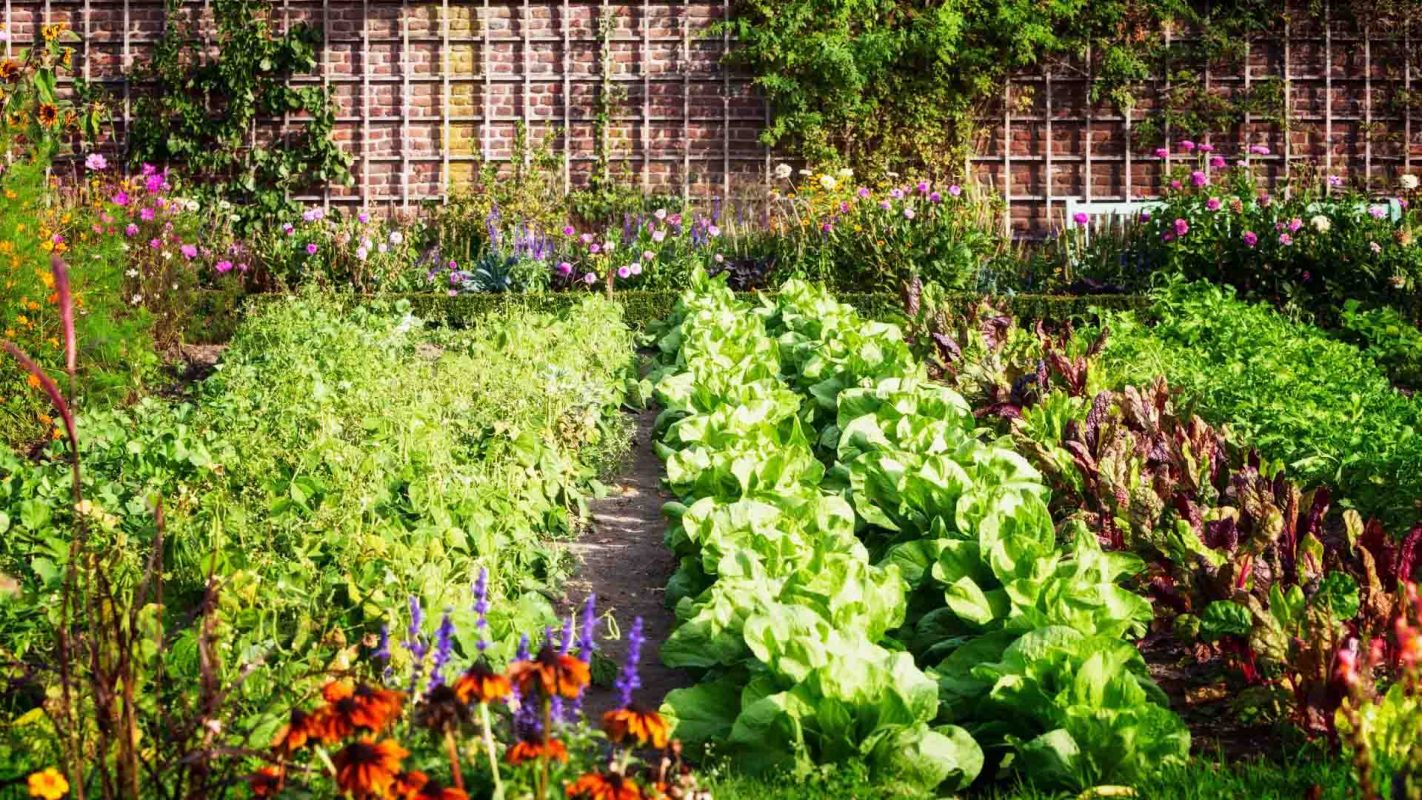Victor Edalia, a 32-year-old man living in Kibera, Kenya, bought a trash dump in November 2019. As the pandemic began, that purchase became the start of something remarkable.
Edalia's dump, which he transformed into a beautiful urban vegetable farm helped curb food scarcity during the darkest periods of the pandemic — and his work continues to this day.
Originally, Edalia's plan was to make some additional income by selling fresh greens to the local hospitality industry. But COVID-19 brought a change of plans.
As the pandemic shut down the world, families struggled to put food on the table. Victor saw this as an opportunity to help out in a way few others had the capacity to. He turned his for-profit enterprise into a free vegetable pantry for 10 different families to regularly collect peppers, collard greens, and spinach.
"I saw needy families get food donations, mostly comprising of dry foods but without any vegetables," Edalia said in an interview with NPR.
While such economically stressful lockdowns are becoming less common, Edalia's farm, on the other hand, has grown significantly in scale, and now helps more than 250 families fill their meals with healthy greens — more than 25 times the number of people since the beginning of his operation.
A non-profit called Human Needs caught wind of Edalia's effort and orchestrated a training course for him and his team with Hydroponics Africa, another organization facilitating affordable farming solutions. With their combined help, Edalia's farm was able to massively increase the amount of crop yield and also effectively distribute the foods via a voucher system, though families can still get free veggies if they simply ask, with or without a voucher.
The cherry on top? The farm is now creating so much produce that Edalia is able to sell the excess to local schools. The original goal for a crop-based business and the opportunity to help needy families found a way to co-exist after all.
Now with rows of vibrant growing plants and efficient hydroponic watering systems, it's hard to imagine that what was once a mere trash dump could become a vital service to so many.
Soila Amboi, one of the regular visitors to Edalia's farm, summed up the kind of person Edalia is to his community.
"You know, times are tough," she told NPR. "And having someone like Victor here, we call him 'olum' meaning the blessed one. He is truly blessing us indeed."
Want more? Follow The Cool Down on Instagram and join our Weekly Newsletter for cool stories and easy tips that save you money, time, and our planet.







